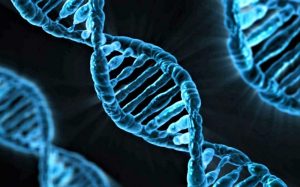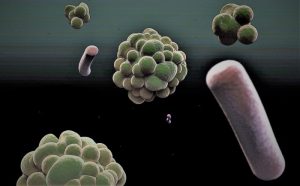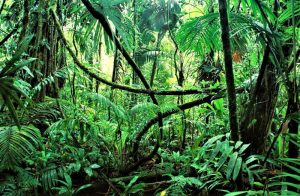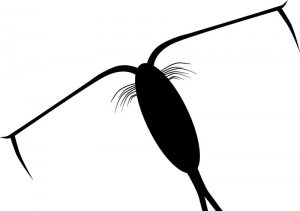Biotic factors
Because of the way ecosystems function, biotic factors are groups of complex systems in which competition and cooperation take place, where the action of each life form can affect everyone else, anything that has life and lives in an ecosystem is considered a biotic factor. Biotic factors are all living organisms that can be found in one place, such as soil-dwelling bacteria, plants, predators and polluters, who are responsible for determining which organisms can live in an ecosystem and establishing their own survival strategies. Biotic factors, along with non-living abiotic factors such as temperature, sunlight, geography and chemistry, determine what ecosystems are like and what ecological niches are available.
What are biotic factors?
Biotic factors are all living organisms that are related to each other, they are the fauna and flora of a specific place and their interactions. They are the relationships that are established within an ecosystem and that condition its existence.
Characteristics
Some of the most important characteristics that we can observe in biotic factors are the following:
- Biotic factors must have a specific behavior in order to survive and reproduce.
- There are some competitions between living beings for food or space.
- They are formed by beings that have life.
- Some organisms are producers of their own food, while others eat plants and animals.
- They affect the population of other organisms, or the environment.
- They include everything concerning flora and fauna.
- There are three types of biotic factors.
Types and examples of biotic factors
The biotic factors have been grouped by scientists into three main groups, which are responsible for defining their role in energy flow that all living beings within the ecosystem need to survive. These groups: producers or autotrophs, consumers or heterotrophs, and decomposers or detritivores.
Producers
The producers are also known as autotrophs and are organisms that have the ability to make their own food using inorganic materials and energy sources. Producers continue to be of great importance and utility today as they are the life forms that have the ability to harness inorganic energy to be used as fuel for life. At the same time, there are two different types of producers: The photo autotrophs, which are the most common and which take advantage of the sun’s energy to live, for example, green plants, green algae and some bacteria; and a second group called autotroph chemo, which are strange to find, and which obtain energy from uncommon sources such as hydrogen and iron and produce methane.
Consumers
Consumers are known as heterotrophs and are organisms that eat other living organisms for energy. Herbivorous animals that eat plants, carnivorous animals that eat animals, and omnivorous animals that eat plants and animals are heterotrophic.
Decomposers
Decomposers are organisms that use organic compounds from producers and consumers as a source of energy. They are important for ecosystems because they break down the materials of other living things into simpler forms, which can then be used again by other organisms. For example, soil bacteria, fungi, worms, flies and other organisms that break down dead materials are types of decomposers.
Importance
The importance of biotic factors lies in their presence or the presence of their materials that affect the different components of an ecosystem. These materials include organisms, interactions, parts, wastes and also their presence. Factors such as disease, predation and parasitism can also be considered biotic. All these interactions will make a difference in the survival, evolution and reproduction of each species.
How they influence the ecosystem
To speak of their importance within the ecosystem it is necessary to say that both biotic and abiotic factors are interrelated within an ecosystem, and if a factor is modified or eliminated, it can affect the whole ecosystem in general. They are responsible for establishing food chains and decomposing waste materials from dead animals and plants, collaborating with energy production while avoiding pollution.
Environmental biotic factors
Some examples of biotic factors according to their classification are the following:
Producers
- Aerial and aquatic plants
- Trees, banana, avocado, guava, orange, etc.
- Terrestrial plants
- Seaweed
- Shrubs of all kinds
Consumers
- Anteater
- Bees
- Arctic land squirrel
- Badger
- Bats
- Bears
- Lynx
- Chimp
- Crab
- Monkeys
- Coyotes and pumas
Decomposers
- Clam
- Cockroaches
- Crabs
- Earthworms
- Flat worms
- Flies
- Freshwater shrimp
- Mushrooms
- Slugs
- Termites
- Wasps
How to cite this article?
Briceño V., Gabriela. (2019). Biotic factors. Recovered on 24 February, 2024, de Euston96: https://www.euston96.com/en/biotic-factors/










